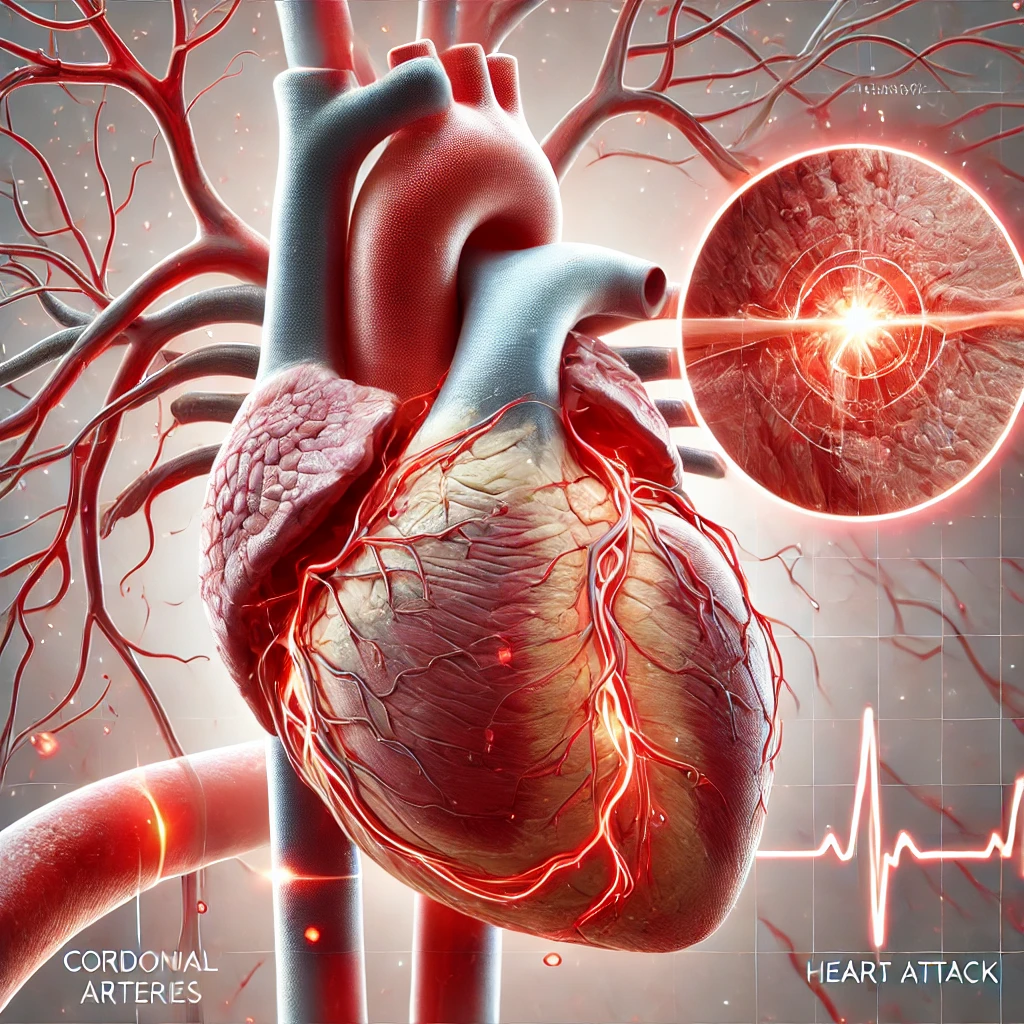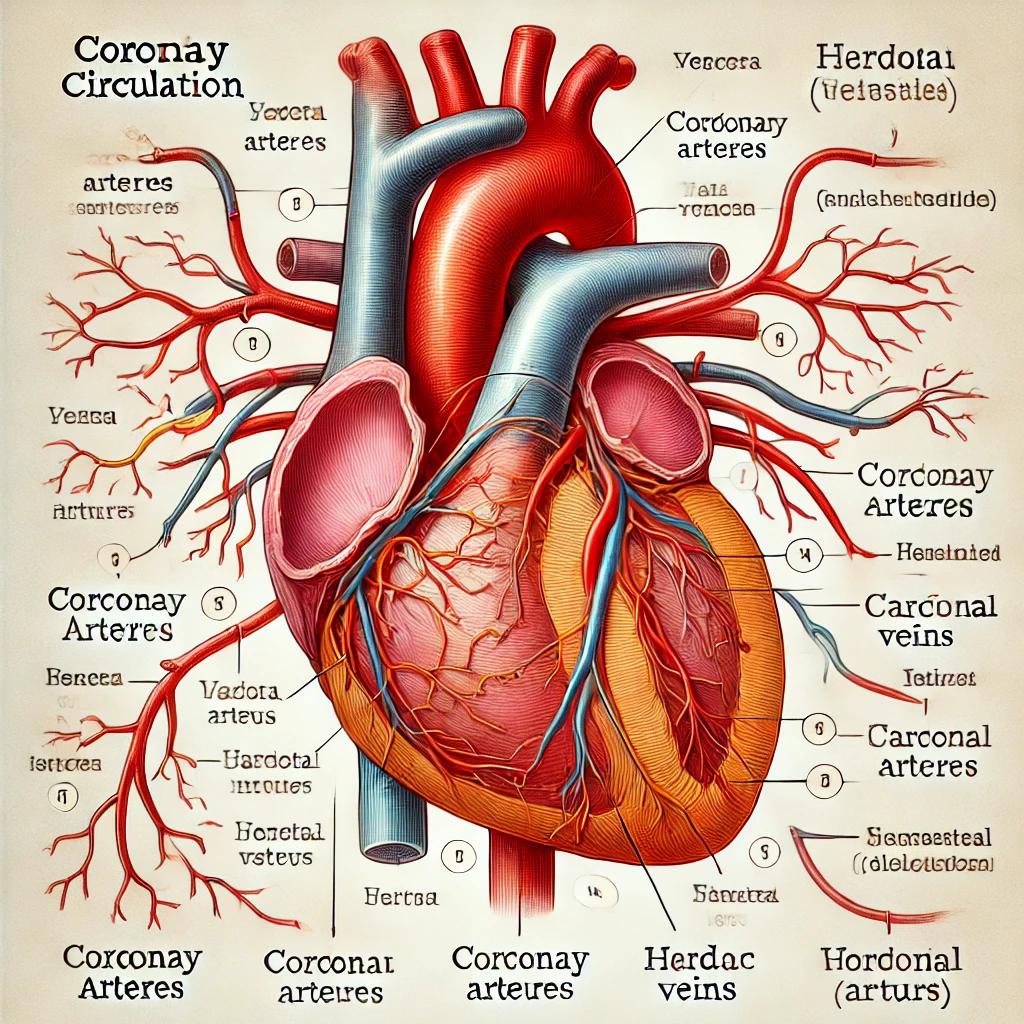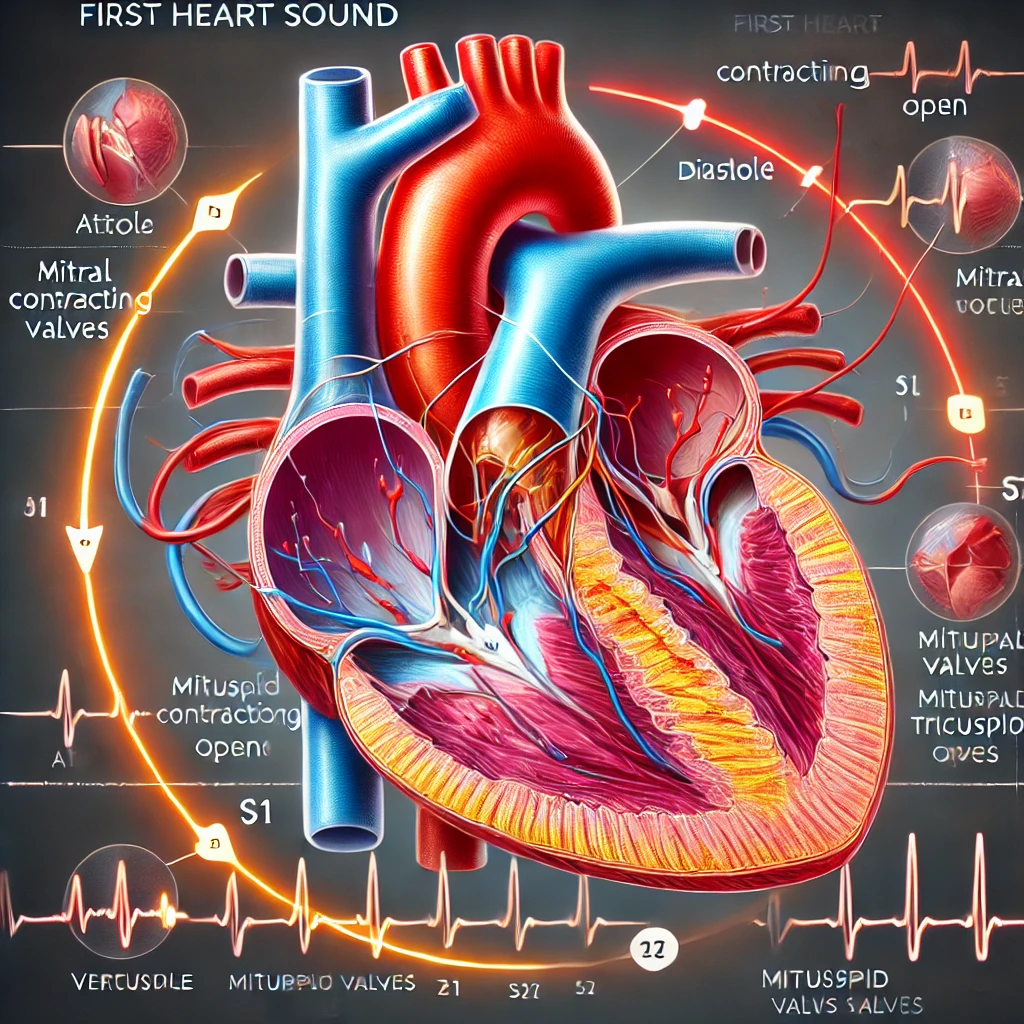Introduction
Lymphoma is a type of cancer that affects the lymphatic system, Lymphoma Symptoms a part of the body’s immune system. It occurs when lymphocytes, a type of white blood cell, grow uncontrollably. Recognizing the symptoms of lymphoma is crucial for early detection and timely treatment. In this article, we will explore the common symptoms associated with lymphoma and discuss the importance of seeking medical attention if any of these symptoms are present.
Understanding Lymphoma
Lymphoma is a broad term that encompasses various types of cancer affecting the lymphatic system. The two main categories of lymphoma are Hodgkin lymphoma (HL) and non-Hodgkin lymphoma (NHL). Both types have similar symptoms, although the treatment and prognosis may differ. Lymphoma can develop in any part of the body where lymphocytes are present, including lymph nodes, bone marrow, spleen, and other organs.
Common Symptoms of Lymphoma
The symptoms of lymphoma can vary depending on the type and stage of the disease. It’s important to note that many of these symptoms can also be caused by other conditions, so it’s essential to consult a healthcare professional for an accurate diagnosis. Here are some common symptoms of lymphoma:
1. Enlarged Lymph Nodes
One of the most noticeable symptoms of lymphoma is the enlargement of lymph nodes. Lymph nodes are small, bean-shaped glands that filter lymph fluid and help fight infections. In lymphoma, the affected lymph nodes often become enlarged and may feel firm or rubbery to the touch. They may be painless or slightly tender.
2. Fatigue
Fatigue is a common symptom experienced by many lymphoma patients. It is often persistent and not relieved by rest. Fatigue can significantly impact daily activities and quality of life.
3. Unexplained Weight Loss
Unexplained weight loss is another symptom that may indicate the presence of lymphoma. Losing more than 10% of your body weight without any intentional changes in diet or exercise should be evaluated by a healthcare professional.
4. Night Sweats
Night sweats, which are excessive sweating during sleep, can be a symptom of lymphoma. These night sweats are often drenching and can disrupt sleep patterns.
5. Fever
Fever is a common symptom in lymphoma, particularly in cases of aggressive or advanced disease. Persistent or recurrent fever without an apparent cause should be evaluated by a healthcare professional.
6. Itchy Skin
Some individuals with lymphoma may experience itching without a visible rash or other skin conditions. This itching, known as pruritus, can be generalized or localized.
7. Chest Pain and Breathing Difficulties
In cases where lymphoma affects the mediastinum (the space between the lungs), individuals may experience chest pain or pressure and difficulty breathing.
When to Seek Medical Attention
If you experience any of the mentioned symptoms or notice any other unusual changes in your body, it is essential to consult a healthcare professional. Remember that these symptoms can have various causes, but it’s always better to rule out any potential serious conditions like lymphoma through proper medical evaluation.
Early Detection Saves Lives
Early detection of lymphoma significantly improves treatment outcomes and increases the chances of successful recovery. Therefore, it is important to be vigilant and seek medical attention if you experience persistent or concerning symptoms. A healthcare professional can perform a physical examination, order diagnostic tests, such as blood tests and imaging scans, and refer you to a specialist if necessary.
In Conclusion
Being aware of the common symptoms associated with lymphoma is crucial for early detection and timely treatment. If you experience any persistent or concerning symptoms like enlarged lymph nodes, fatigue, unexplained weight loss, night sweats, fever, itchy skin, or chest pain and breathing difficulties, consult a healthcare professional for further evaluation. Remember, early detection and prompt medical attention can greatly improve the prognosis for lymphoma patients.




